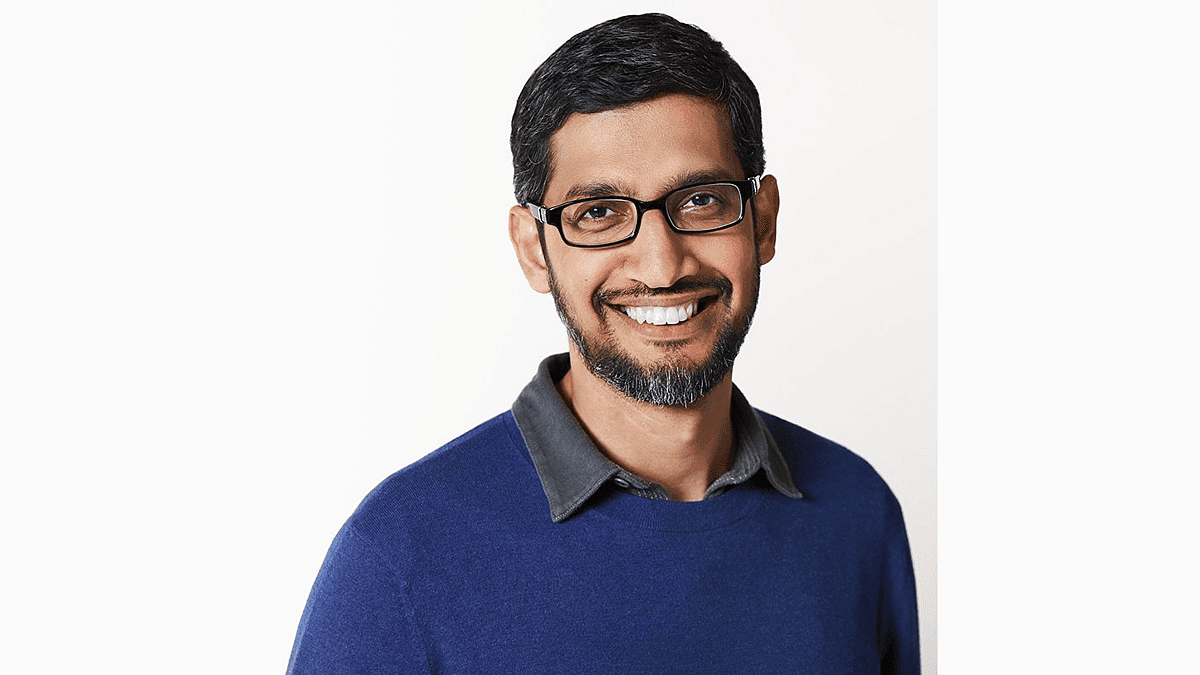AI News Bureau
Why did Google Rename Bard to Gemini? Here’s What CEO Sundar Pichai Has to Say
Google and Alphabet CEO Sundar Pichai shares the reason for this major renaming move.
Written by: CDO Magazine Bureau
Updated 1:00 PM UTC, February 13, 2024

Sundar Pichai, CEO of Google and Alphabet
Less than a week ago, Google rebranded its generative AI chatbot Bard to Gemini and also launched its most powerful LLM called Gemini Advanced. In an interview with CNBC, Google and Alphabet CEO Sundar Pichai shared the reason for this major step. This shift marks a strategic move to align with the company’s approach to building advanced, safe, and responsible AI models, as Pichai explains.
“Gemini is our approach overall in terms of how we are building our most capable and safe and responsible AI models, it’s the frontier of the technology we are pushing along. And Bard was the most direct way people could interact with our models. So, it made sense to evolve it to be Gemini, because they’re actually talking directly to the underlying Gemini model when using it. It will also be the way by which we will keep advancing our models and users can experience it directly. And so, the name change made sense,” said Pichai.
More about Gemini Advanced
In independent assessments, Gemini Advanced with Ultra 1.0 outperformed leading alternatives in chatbot preferences. With Ultra 1.0, Gemini Advanced excels in complex tasks like coding, logical reasoning, and creative collaboration. It supports longer, more detailed conversations and understands context better.
It also serves as a personal tutor, assists in advanced coding scenarios, and aids digital creators in content generation and audience growth. Users can now engage with Gemini in over 40 languages and 230 countries. Gemini Advanced introduces Ultra 1.0, their most powerful AI model.
Talking about the changes made to Gemini, Pichai said, “For me, it was really when you give a series of images, it really makes sense of it. It’s almost understanding it as video and – and can answer questions related to that. So, it kind of shows, because the first time natively in the training data, we included not just text, audio, images, video, and code, and so that plays out in the model when you test it that way. So it kind of gives you a window into the future because as humans.”
During the interview, Pichai also shared personal experiences with Gemini, providing real-world examples of its application in brushing up coding skills and generating compelling copy.
The interview also delved into the competitive landscape, with Pichai acknowledging the presence of Microsoft and Google’s focus on evolving its products. He stressed the importance of staying user-focused in the face of competition, highlighting Google’s plans to incorporate Gemini into various products like Workspace, Gmail, and Google Docs.
Gemini Advanced is part of Google’s new One AI Premium Plan, priced at $19.99/month, offering benefits like 2TB storage. Subscribers will soon integrate Gemini into Gmail, Docs, Slides, Sheets, and more, now called Duet AI.
To enhance mobile accessibility, Google is also launching a Gemini app for Android and integrating it into the Google app on iOS. On iOS, access will be rolled out through the Google app, offering a conversational, multimodal, and helpful AI assistant experience.

Future of Google Search
The discussion then veered toward the future of Search, with Pichai expressing confidence in Google’s ability to adapt.
“We’ve constantly been evolving Search. Gemini is in Search as well… …we will roll it out to more and more people. We give generative AI answers, but we are the only ones doing it in a way where users are not only looking for AI summaries but also care about the richness and diversity. They want to explore too. Our approach prioritizes that balance and the data shows that people value their experience. We’ll incorporate Gemini within Search,” Pichai added.
Addressing regulatory challenges
Talking about responsible AI, Pichai added that the company is committed to compliance, showcasing a proactive stance in adapting to evolving regulatory landscapes.
“Part of the reason is that even with Gemini Ultra, we spent a few months testing it for safety. We gave access to people outside researchers and where needed, we’ll comply with the directives, but it’s definitely something that has to be done in consultation with the right regulatory agencies. I think it’s part of the competency we’ve built up over time, to make sure we do the right thing from a regulatory standpoint and I see this as no different,” he added.
What’s Next for Google?
Looking ahead, Pichai envisions continued innovation driven by the foundational technology shared across various Google products and businesses.
“…with Gemini and AI, it’s the same technology which impacts Search, YouTube, Cloud, Waymo and so on. So, we can invest in this underlying technology and build both amazing products and businesses on top in a leveraged way. And we are investing for the future. So I’m excited about what’s ahead, and if anything, I think it will be a gold indicator of innovation ahead at Google,” the CEO concluded.



